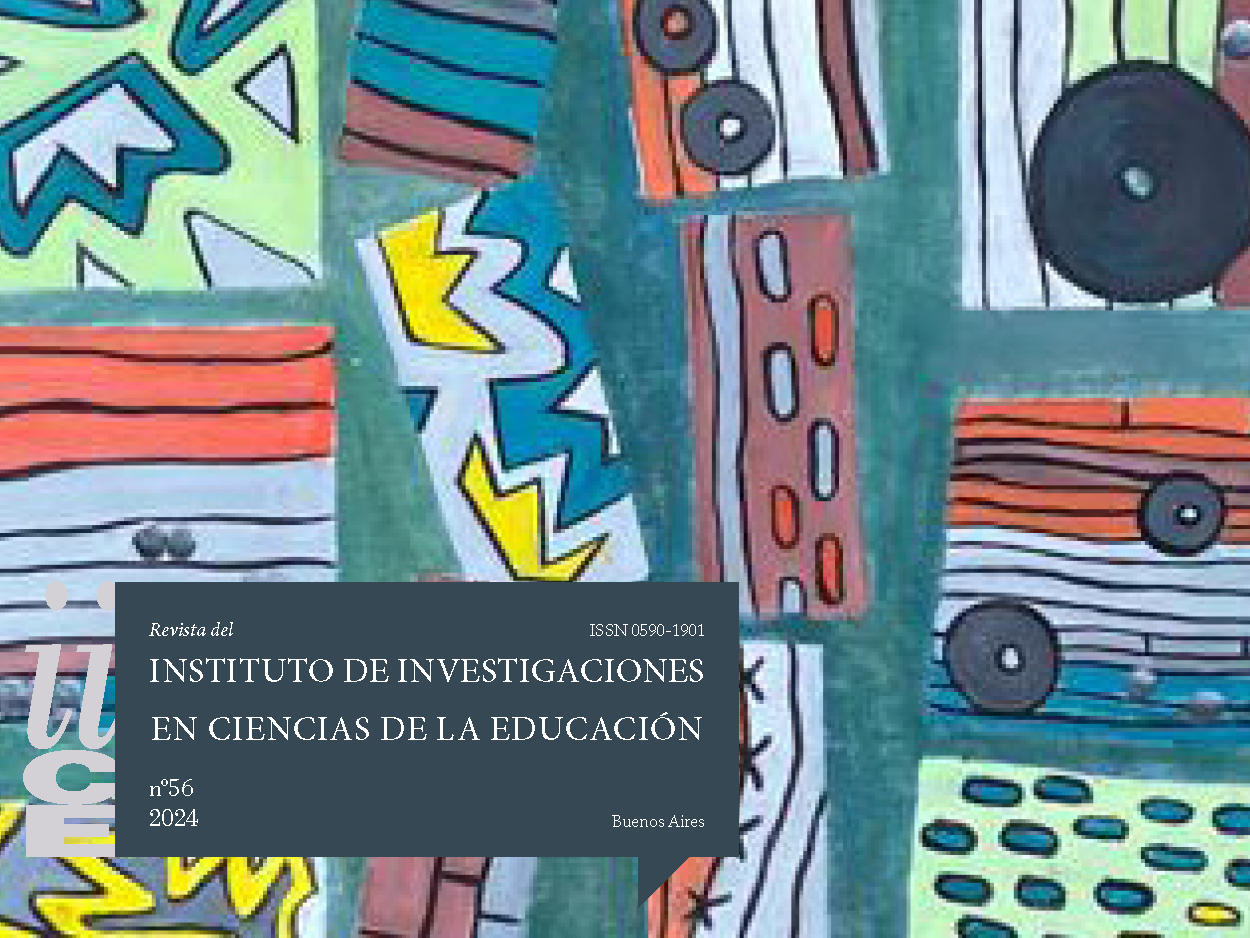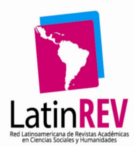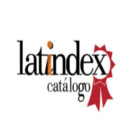Recreating research in a conjunctural context. Redesigns and methodological transitions
Abstract
This article presents contributions from a methodological perspective in two distinct studies and moments. On one hand, it focuses on the study for the Master’s thesis in University Teaching at the University of Buenos Aires, conducted between 2020 and 2021 in Buenos Aires, Argentina (Suárez Torrico, 2022). The research was shaped by the COVID-19 pandemic context, and this paper explores the successive recreations of the methodological framework in this situation. It discusses the stages, decisions, and redesigns that were undertaken to continue and complete the research in a time of exceptional circumstances. On the other hand, the article also addresses the transition and methodological design for a study framed within a doctoral thesis in Educational Sciences at the Faculty of Philosophy and Letters of the University of Buenos Aires, which is currently in progress in Buenos Aires, Argentina. This methodological transition positions the current research in a post-pandemic context and redesigns in the teaching proposals within the workshop setting at the Faculty of Architecture, Design, and Urbanism of the University of Buenos Aires. Given the significance of the studies that took place during the pivotal moments recognized here —the pandemic and its aftermath— and their contributions to a hybrid and post-pandemic scenario, this work aims to contribute to the discussion of the transformation of research processes and their designs in increasingly complex and opportunistic settings.Downloads
References
Barba, E. (2020). Quemar la casa. Orígenes de un director. Bilbao: Artezblai.
Costa, F. (2021). Tecnoceno. Algoritmos, biohackers y nuevas formas de vida. Buenos Aires: Taurus.
Guber, R. (2004). El salvaje metropolitano. Reconstrucción del conocimiento social en el trabajo de campo. Buenos Aires: Paidós.
Han, B. C. (2022). Infocracia. La digitalización y la crisis de la democracia. Ciudad autónoma de Buenos Aires: Taurus.
Hernández Sampieri, R.; Fernández Collado, C. y Baptista Lucio, P. (2014). Metodología de la investigación científica. México: Mc Graw Hill Education.
Jackson, P. W. (1999). Enseñanzas implícitas. Buenos Aires: Amorrortu.
Jackson, P. W. (2002). Práctica de la enseñanza. Buenos Aires: Amorrortu.
Litwin, E. (1997). Las configuraciones didácticas. Buenos Aires: Paidós.
Litwin, E. (1998). La didáctica: una construcción desde la perspectiva de la investigación en el aula universitaria. Educación, 7(13), 41-59. Recuperado de https://revistas.pucp.edu.pe/index.php/educacion/article/view/5217
Maggio, M. (2022). Híbrida: enseñar en la universidad que no vimos venir. Buenos Aires: Tilde Editora.
Orellana López, D. M. y Sánchez Gómez, M. C: (2006). Técnicas de recolección de datos en entornos virtuales más usadas en la investigación cualitativa. Revista de Investigación Educativa, 24(1): 205-222. Disponible en http://revistas.um.es/rie/article/view/97661
Sautu R. (1997). Acerca de qué es y no es investigación científica en ciencias sociales. En Wainerman C. y Sautu, R. La trastienda de la investigación. Buenos Aires: Editorial de Belgrano.
Serres, M. (2011). Variaciones sobre el cuerpo. Buenos Aires: Fondo de Cultura Económica.
Suárez Torrico, M. G. (2020a). Geometrías del encuentro. Un caso de rediseño de una xlase de tipo teórica en el taller de Arquitectura en la FADU-UBA. Revista HACHE, año 5, Nº 5: 50-64.
Suárez Torrico, M. G. (2020b). El hipertaller: herramientas y estrategias para re-pensar el taller en tiempos de pandemia. Disponible en http/publicacionescientificas.fadu.uba.ar/index.php/actas/article/vierw/2216
Suárez Torrico, M. G. (2022). Prácticas de la enseñanza universitaria rediseñadas en escenarios contemporáneos. El caso del taller en la FADU-UBA. Tesis de Maestría en Docencia Universitaria. Buenos Aires: Universidad de Buenos Aires.
Szuchmacher, R. (2015). Lo incapturable. Buenos Aires: Reservoir Books.











